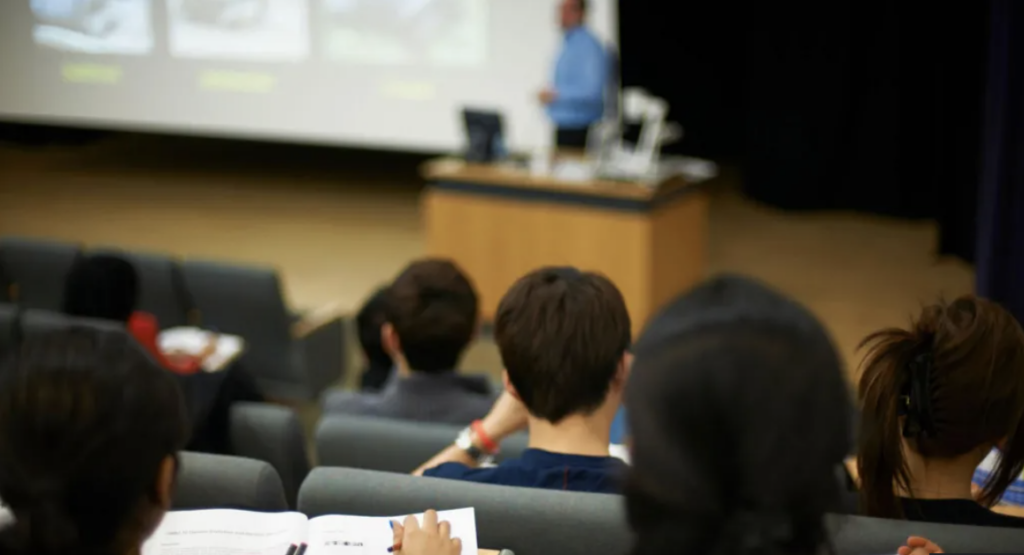A new report by the UK-China Transparency (UKCT) think tank has revealed troubling claims that Chinese students at UK universities are being pressured by Chinese officials to spy on their peers, potentially stifling academic freedom and free speech on campuses. The findings coincide with the implementation of a new UK law aimed at strengthening universities’ responsibilities to uphold these freedoms.
According to the UKCT survey of academics in Chinese studies, some Chinese students reported being instructed to monitor classmates and report discussions deemed sensitive by the Chinese government. These topics include the Xinjiang region, Covid-19, and China’s technological advancements.
The Chinese Embassy in London dismissed the report as “groundless and absurd,” asserting that China respects free speech both in the UK and globally. However, the UK regulator, the Office for Students (OfS), has stated that freedom of expression and academic freedom are essential values in higher education.
The UK’s new legislation, enacted last week, empowers the OfS to fine universities millions if they fail to safeguard these freedoms. The law also mandates that universities examine any foreign partnerships such as those with Confucius Institutes that could threaten free speech. These institutes, backed by the Chinese government and hosted at several UK campuses, promote Chinese culture and language but have faced criticism for alleged links to the Chinese Communist Party.
The UKCT report further alleges that Chinese academics involved in politically sensitive research have had their families in China harassed, or been denied visas. Some university staff reported intimidation from visiting scholars or Confucius Institute personnel.
In response, Skills Minister Jacqui Smith emphasized the UK government’s firm stance against any foreign state attempts to intimidate or interfere with individuals in the country. “Academic freedom is non-negotiable in our world-leading institutions,” she said.
The OfS is also preparing to launch a new complaints mechanism, allowing staff and visiting speakers to report concerns directly. Universities are being warned to scrutinize international agreements that may compromise campus freedoms or face financial penalties.

